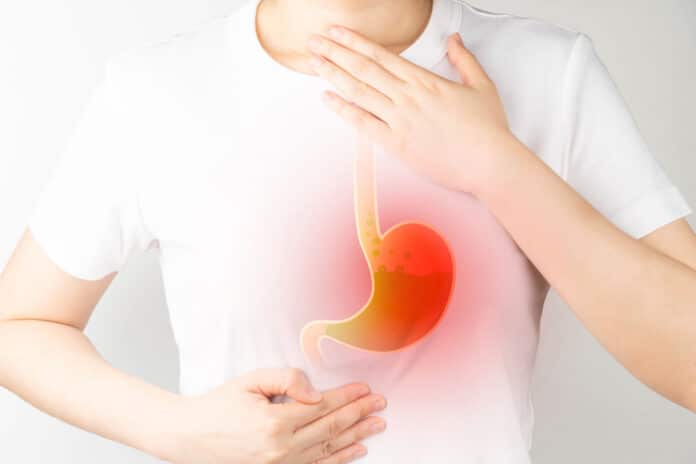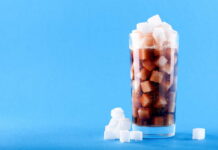
Gastroesophageal Reflux Disease, or GERD, is a severe form of acid reflux. This medical condition occurs when the stomach’s content travel back to the esophagus and, therefore, irritates the lining of the esophagus. This is also known as acid regurgitation or gastroesophageal reflux. This condition, according to the National Institute of Diabetes and Digestive and Kidney Diseases (NIDDK), affects more than 20% of the population in the United States. In addition, the American College of Gastroenterology has also noted that one in five people in the U.S. suffer heartburn daily, with an estimated prevalence of heartburn hovering around 18.1-27.8% in the U.S.
Symptoms of GERD
GERD has many symptoms, although the major sign is acid reflux. The effect of this acid reflux is an uncomfortable feeling that burns in your chest. This burning feeling may move toward your throat and neck. This is what most people know as “heartburn.” Other symptoms of GERD include:
- Nausea;
- Chest pain;
- Difficulty swallowing;
- Chronic cough;
- Hoarse voice;
- Bad breath.
GERD Treatment Options
First, your medical professional may encourage some changes to your lifestyle. These modifications may include the following:
- Ensuring a moderate weight;
- Avoiding smoking, and if you have already started smoking, quitting the act;
- Avoiding heavy meals toward evening;
- Also, wait a few hours after eating to ensure your food digests properly.
- While sleeping, elevate your head by six to eight inches.
Medication
Additionally, there are some over-the-counter medications that your doctor may prescribe to treat GERD. However, these medications may have side effects, and therefore, you must consult your medical provider to prescribe the proper medications.
- Antacids: Antacids are used to treat mild symptoms of GERD. However, if you take antacids daily to treat heartburn, you may need stronger medication.
- H2 receptor blockers: Additionally, H2 blockers such as Pepcid AC function as agents that reduce the amount of acid produced in the stomach. There are many types of H2 blockers. However, ranitidine was recently recalled by the Federal Drug Administration (FDA) because the drug was noted to contain N-Nitrosodimethylamine (NDMA).
- Proton pump inhibitors (PPIs): PPIs such as Prilosec reduce the acidic content in the stomach. Interestingly, these medications work better than H2 blockers, effectively healing the esophagus lining.
Conclusion
Conclusively, you should avoid some specific home remedies at all costs. These home remedies include chewing gum, drinking a baking soda and water solution, and even drinking milk.



















